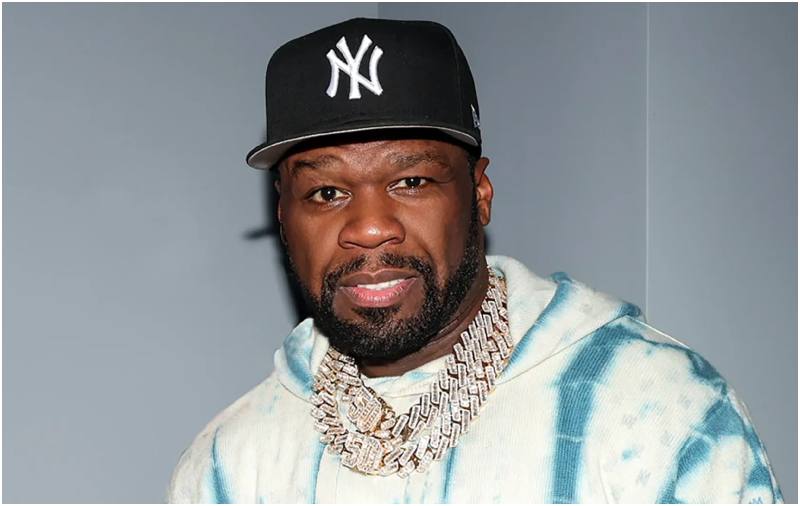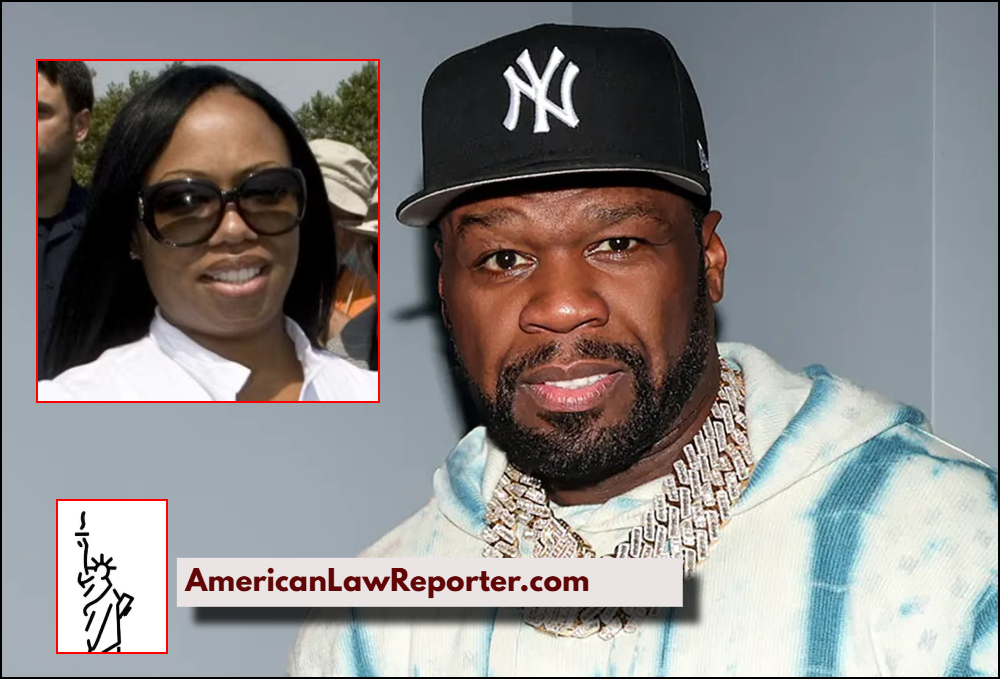The escalating legal fight between rapper-turned-mogul Curtis “50 Cent” Jackson and his ex-partner Shaniqua Tompkins is putting a spotlight on an obscure but increasingly consequential legal tool in the entertainment industry: life rights agreements.
Jackson, through his publishing company G-Unit Books, filed a lawsuit accusing Tompkins of breaching a 2007 contract that allegedly gave G-Unit “exclusive and irrevocable” rights to her life story. The agreement, which is not a typical non-disclosure deal, reportedly transferred the rights to Tompkins’ personal narrative—including her name, likeness, and experiences, even those involving Jackson himself—for $80,000 and the promise of potential royalties.
Now, nearly two decades later, G-Unit claims Tompkins violated the contract by releasing a 2023 YouTube series titled “Other Side of the Coin” and by continuing to post on Instagram about her past with Jackson, including commentary on the current legal troubles of music executive Sean “Diddy” Combs. Jackson is seeking at least $1 million in damages and is asking the court to permanently block Tompkins from publishing or posting about him again.
Life Rights vs. Free Speech

At the center of the dispute is a broader legal and ethical question: Can someone really sign away the right to tell their own story—forever?
“This lawsuit goes beyond the usual celebrity dispute,” said a First Amendment attorney not involved in the case. “It tests the enforceability of a contract that purports to silence someone about their own life, possibly indefinitely. The court will have to consider whether that’s even constitutional.”
Tompkins’ case is unique because life rights agreements are typically used in the entertainment industry to secure rights for film and book adaptations—not to muzzle former partners from speaking on social media. The contract Jackson is relying on, however, may be one of the rare examples where those rights were secured not for a biopic, but for control over a real person’s digital voice.
The lawsuit also raises the question of whether such contracts can realistically withstand modern content-sharing platforms like YouTube, Instagram, and TikTok—spaces where storytelling is decentralized and often monetized.
Context and Complications
Tompkins, who shares a son with Jackson, has long been outspoken about her past with the rapper. In her YouTube series, she claimed that she was instrumental in shaping the G-Unit brand and that her contributions have been erased from its history. In one clip, she alleged, “50 Cent wouldn’t be who he is without me.”
In addition to the YouTube series, Jackson’s lawsuit points to a pattern of Instagram posts that allegedly capitalize on the rapper’s name and their shared past—especially those drawing parallels between her experience and the headlines surrounding Diddy’s legal issues. According to the filing, these actions amount to “willful and material breach” of the 2007 agreement.
Meanwhile, Tompkins has responded indirectly on Instagram, announcing a livestream later this week. She has not confirmed whether she’ll discuss the lawsuit but posted the cryptic caption, “There’s always two sides to the coin.”
Earlier this year, she also resurfaced allegations against Jackson connected to a domestic dispute involving another of his former partners, Daphne Joy—further complicating the high-profile dispute.
Legal Stakes and Industry Impact
If Jackson prevails, the ruling could set a precedent for how far life rights agreements can reach—and how long they can last. Critics argue that enforcing such a deal could chill free speech, especially when the subject matter involves past abuse, misconduct, or other public interest topics.
But supporters say the lawsuit highlights the importance of honoring legal agreements, particularly when compensation has been exchanged and reputational damage is at stake.
“This isn’t about telling your truth—it’s about breaking a contract that was signed voluntarily,” said a contract law scholar. “The fact that it’s playing out in the court of public opinion doesn’t negate the legal obligations.”
Whether the court sees Tompkins’ videos and posts as constitutionally protected speech or breach of contract will likely depend on the specific terms of the 2007 agreement—especially whether the rights she signed away were permanent, exclusive, and enforceable in the social media era.
What’s Next?
G-Unit Books is asking the court not only for monetary damages but also for injunctive relief that would prohibit Tompkins from ever speaking publicly about Jackson again—an aggressive legal move that could further ignite public debate over the boundaries between private contracts and public discourse.
As the case unfolds, it could provide a new blueprint—or a cautionary tale—for celebrities and former partners navigating the legal minefield of privacy, publicity, and storytelling in the age of Instagram.

